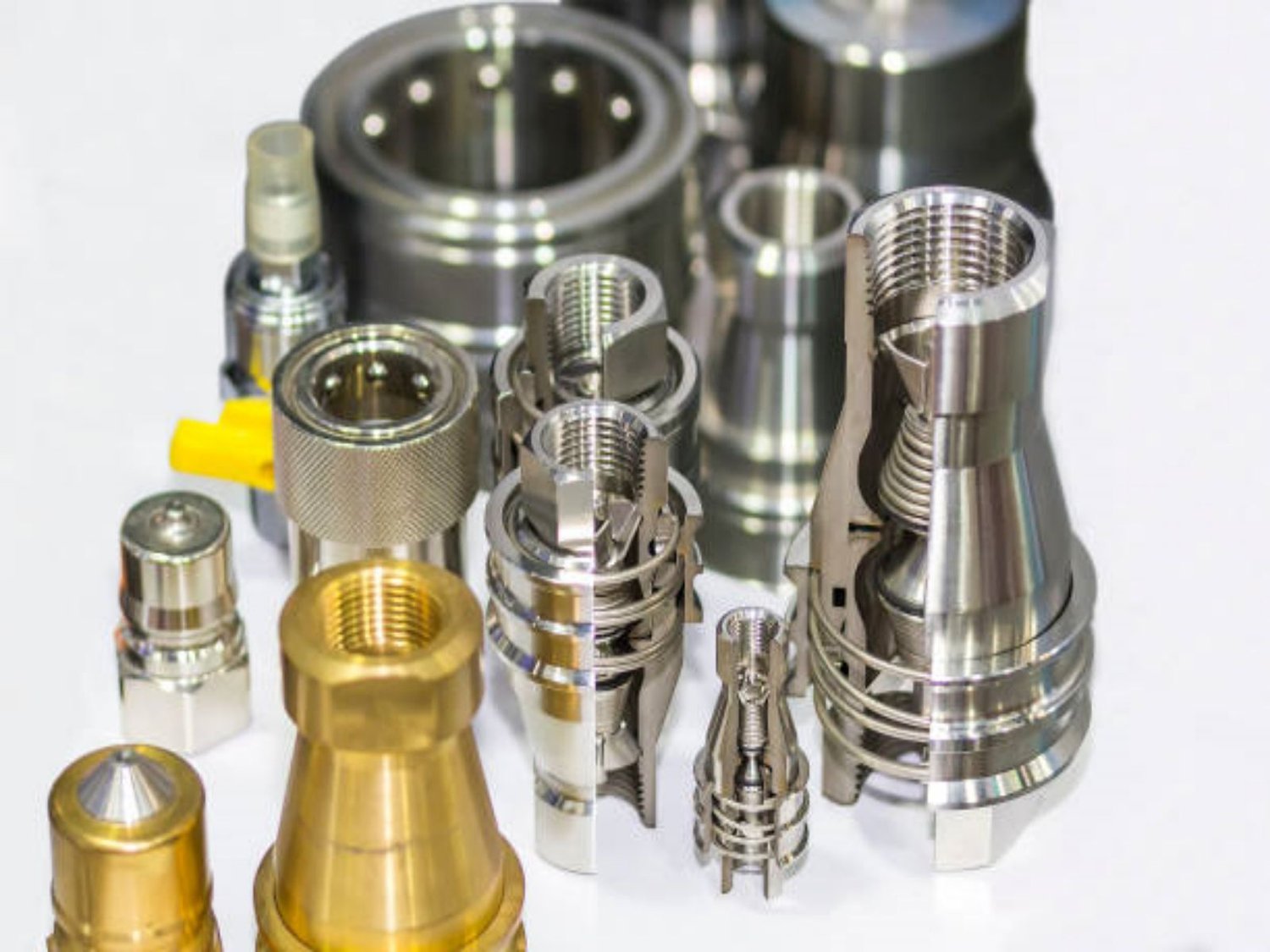Table of Contents

Are Titanium Alloy Products Prone to Fatigue Failure?
When it comes to choosing materials for high-strength applications, titanium alloys are often considered due to their exceptional properties. However, one question that often arises is: Are titanium alloy products prone to fatigue failure? In this article, we will explore different aspects of titanium alloy fatigue and determine their susceptibility to failure under cyclic loading conditions.
Understanding Fatigue Failure
Fatigue failure is a phenomenon that occurs when a material fails under repeated cyclic loading, even when the applied stress is below the material's ultimate strength. It is a common concern in engineering and design, as many components experience cyclic loading throughout their operational lifetime. Understanding the fatigue behavior of titanium alloys is crucial for ensuring the reliability and safety of structures and products.
The Fatigue Strength of Titanium Alloys
Titanium alloys are known for their high strength-to-weight ratio, excellent corrosion resistance, and biocompatibility. These properties make them highly desirable for aerospace, automotive, medical, and other industries. When it comes to fatigue strength, titanium alloys exhibit good resistance to fatigue crack initiation and propagation compared to other materials like steel or aluminum.
Research studies have shown that titanium alloys typically have a higher fatigue strength than most other structural materials. This means that titanium alloys can withstand a higher number of stress cycles before failure compared to other metals. However, it is important to note that the fatigue strength of titanium alloys can vary depending on factors such as alloy composition, microstructure, and processing techniques.
Fatigue Crack Initiation in Titanium Alloys
Fatigue crack initiation is the first stage of fatigue failure, where small cracks begin to form in the material. In titanium alloys, fatigue crack initiation is generally influenced by factors such as stress concentration, surface conditions, and environmental factors.
Titanium alloys have a unique ability to form a protective oxide layer on the surface, which provides excellent resistance to corrosion. This oxide layer also helps reduce the likelihood of crack initiation by acting as a barrier against environmental factors. Additionally, the high strength and ductility of titanium alloys contribute to their resistance to crack initiation.
Fatigue Crack Propagation in Titanium Alloys
Once a fatigue crack initiates in a titanium alloy, it can propagate and grow under cyclic loading conditions. However, titanium alloys exhibit good resistance to crack propagation compared to other materials.
The unique microstructure of titanium alloys, which consists of hexagonal close-packed (HCP) and body-centered cubic (BCC) crystal structures, contributes to their resistance to crack propagation. The presence of these crystal structures results in a high degree of crystallographic slip and twinning, which helps to hinder crack growth and prevent catastrophic failure.
Factors Affecting Fatigue Life of Titanium Alloys
While titanium alloys have good fatigue resistance, it is important to consider various factors that can affect their fatigue life. These factors include:
- Stress Amplitude: Higher stress amplitudes can significantly reduce the fatigue life of titanium alloys.
- Surface Finish: Rough surfaces or surface defects can act as stress concentrators and promote crack initiation.
- Temperature: Elevated temperatures can reduce the fatigue strength of titanium alloys.
- Corrosive Environments: Corrosive environments can accelerate crack initiation and propagation.
- Loading Frequency: Higher loading frequencies can reduce the fatigue life of titanium alloys.
Enhancing Fatigue Performance of Titanium Alloys
To enhance the fatigue performance of titanium alloys, several techniques can be employed:
- Surface Treatment: Applying surface treatments such as shot peening or surface coatings can improve the fatigue resistance of titanium alloys.
- Heat Treatment: Proper heat treatment processes can optimize the microstructure and mechanical properties of titanium alloys, enhancing their fatigue performance.
- Alloy Design: Careful selection of alloy composition and processing techniques can improve the fatigue resistance of titanium alloys.
Conclusion
Titanium alloy products, known for their exceptional properties, exhibit good resistance to fatigue failure. Their high fatigue strength, combined with unique microstructures and surface characteristics, contribute to their ability to withstand cyclic loading without catastrophic failure. However, it is essential to consider various factors that can affect the fatigue life of titanium alloys. By understanding these factors and implementing appropriate techniques, the fatigue performance of titanium alloy products can be further enhanced, ensuring their reliability and longevity in various applications.
